Recall the unpleasant real estate salesman showing you ten homes unfit for your taste? Or all the documentation you have to sign before making a property purchase? Those years have gone by. At last, artificial intelligence has entered the real estate sector and is really strong.
These days, artificial intelligence systems cram months of data into daily spurts, decrease property search times by 70%, and forecast market patterns with 85% accuracy. Just whisper "three-bed near Central Park" into your phone; there is no continuous scrolling; precise matches show up. You could say, "this neighborhood's going to pop next year," and data backs up that claim.
Real estate used to be the traditional sector where "we've always done it this way" ruled supremely. Not anymore. ChatGPT generates outstanding property descriptions today, and special apps like Zillow's Zestimate process hundreds of data points. We'll cut through the hoopla and demonstrate how artificial intelligence is altering the real estate field. There won't be frills or jargon, just vital knowledge you should know. Stay if you find future real estate projects interesting.
AI Applications in Real Estate
Let me first clarify one point: the AI revolution in real estate is essentially about processing power analyzing insane data quantities. Artificial intelligence uses all of this data to investigate and provide perceptive analysis of every house transaction, neighborhood trend, and economic shift. Platforms like Zillow and HouseCanary today manage more data in a day than a human could have looked at in years. You may thus really rely on property prices, fair market projections, and offers closing faster.
According to McKinsey, artificial intelligence might generate $110–180 billion for real estate in the following years. So, let’s investigate how this really works.
Property Search and Discovery
The days of manually sorting hundreds of filings are long gone; now, natural language search has come to real estate at last. Tell Zillow, "I want a sunny three-bedroom within 20 minutes in Brooklyn downtown, with a garden for our dog," and you will get exactly what you need. Though Zillow is US market-oriented, it is not the only one of its sort; such platforms are growing more and more common worldwide, even if other markets still remain fragmented.
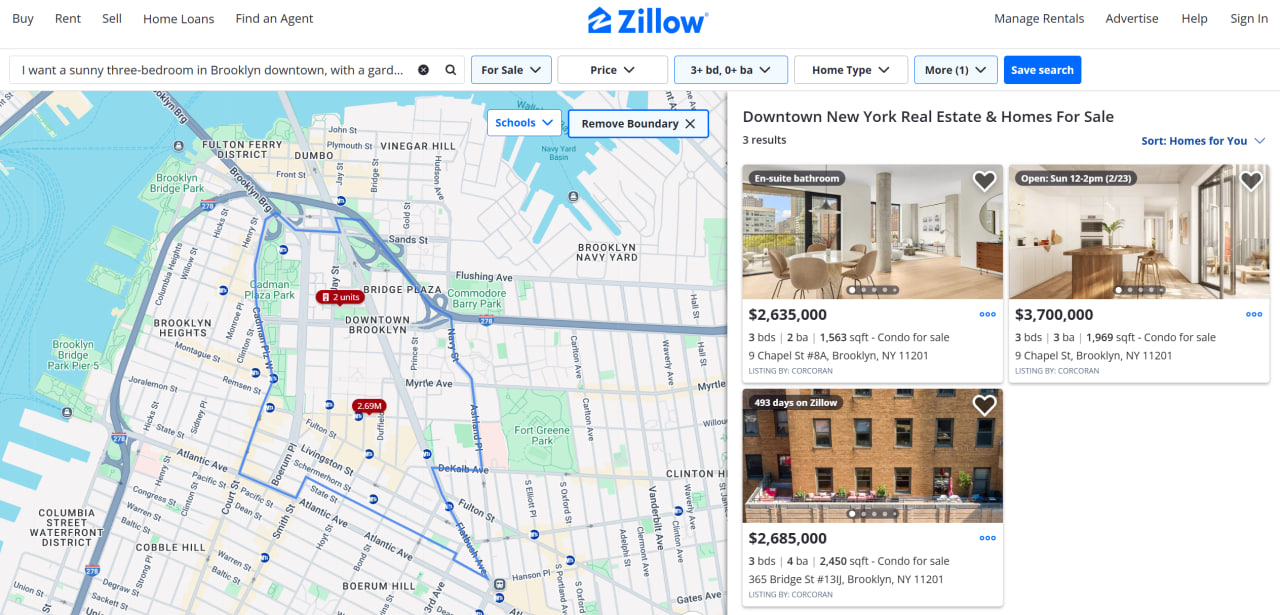
Habi has built a massive database of over 20 million properties in Latin America, an area where listing data is generally spread among hundreds of sources. Realiste, based in the UAE, reviews hundreds of listings across 134 locations every day, using asset performance, market trends, and price estimates to identify the top 1% of investment opportunities.
Here's where it gets truly amazing, though: artificial intelligence “sees” within buildings these days. Computer vision technology examines photographs to find the hardwood floor you love or the recently remodeled kitchen, even though the listing omitted to mention them.
From awkward 360-degree photos to flawless, AI-enhanced experiences, virtual tours have evolved. Matterport creates digital twins of buildings using 3D spatial mapping to enhance property tours from North America to Asia. Want floor plans? Magicplan, a Canadian company, creates rapid 2D/3D layouts on your smartphone, transforming it into a measurement device. These are not only beautiful elements; sites with immersive experiences attract 40% more interest than those with still images.
Property Valuation and Pricing
View modern artificial intelligence valuation tools as a box full of thousands of local real estate experts. Recent studies, including computer vision into property appraisal methods, improve accuracy by 7% over more traditional methods. These algorithms enable crunchability of anything, including neighborhood demographics and economic trends, as well as space footage and local sales.
While evaluating static attribute criteria is easy, the real magic happens when artificial intelligence methods project consumer patterns. Combining population trends, economic cycles, and past data, they create realistic projections. The results are unambiguous: platforms driven by artificial intelligence today forecast property values with 10% more accuracy than conventional techniques. Leading here is Zestimate from Zillow, handling millions of public documents and real-time market data every day.
Transaction Efficiency and Customer Engagement
The main trouble for real estate used to be mountains of contracts, leases, and assessment reports that would make your desk wobbly. However, if you apply artificial intelligence to this pile of documents, you will witness a remarkable transformation. These Document AI systems look for problems like a detective with superhuman speed, not just reading. Indeed, humans are still necessary for final approval, as AI is not yet fully capable of taking over, but the days of being overwhelmed by paperwork are coming to an end. Is there any proof? Yes, global companies estimate 70% speedier transaction times—years of work now count in hours.
The customer service game has also evolved. Jones Lang LaSalle (JLL) created their own artificial intelligence model, JLL GPT, which reduces a two-month partnership agreement process into a few hours of labor. While clever chatbots answer daily questions 24/7 across all time zones, real estate experts can concentrate on what they do best: guiding clients toward decisions that will change their lives.
Property Management and Operations
For landlords, the real magic happens when IoT and AI merge. Smart solutions now allow you to real-time monitor energy consumption, forecast maintenance requirements, and maximize HVAC and lighting systems.
For example, TEKTELIC's smart sensor lineup (BREEZE, COMFORT, and VIVid) logs everything from occupancy to water leaks. Link these to systems such as Kaa IoT or Spacewell's, and your building almost runs itself. The figures speak for themselves: high-rises that use these systems save on their energy bills by 15% simply by being more efficient with HVAC and lighting.
.gif)
Looking for assistance with maintenance and tenant interactions? Platforms such as AppFolio Property Intelligence and Buildium have automated tedious operations ranging from rent collection to maintenance scheduling and tenant screening. Tenant Turner and Elise.ai handle everything automatically in leasing, from queries to tour scheduling and lease preparation, allowing property managers to focus on strategic planning.
Tenant satisfaction increases, operational expenses decrease by 20%, and the dreaded 3 AM maintenance calls cease to exist. Usually, repairs are made before tenants even begin to notice a flaw. Amazing what happens when you free yourself from chasing rent payments, isn’t it? Property managers claim 40% higher productivity. These technologies streamline property administration by creating a cohesive ecosystem through shared dashboards.
The Dark Side: Data Privacy and Data Quality
Let's talk about the elephant in the room: not everything about AI is sunny and rainbow. There are two key concerns that can keep you awake at night: data privacy and data quality.
Data Privacy: Your Data Is Like Your House Keys
AI systems in real estate process huge volumes of sensitive data, including personal and financial information as well as complete property records. While all this information drives the accurate values and tailored suggestions we enjoy, it also greatly increases privacy concerns.
For that, there are essentially just two answers. First: open-source software with a privacy concentration to ensure that your personal conversation with artificial intelligence stays exactly personal. Second, there are stringent laws such as the GDPR in Europe and the CCPA in California, which require businesses to protect user data or face fines. AI companies have fewer incentives to risk since data breaches cost other sectors millions. Investing in major security means encryption, multi-factor authentication, frequent security audits, and open data procedures.
Data Quality: Garbage In, Garbage Out
Privacy is about data protection; quality is about ensuring that data is really valuable. AI systems combine data from many sources: public records, private databases, and IoT sensors – and proper processing of these comes first. Get it wrong, and you'll wind up like that Australian agency The Guardian reported on, where listed homes are close to nonexistent schools.
Companies today apply rigorous data governance. Companies today apply rigorous data governance. They are continually auditing, validating, and updating their datasets to reflect current market trends. Regular human inspection prevents errors from spreading, and feedback loops help increase accuracy over time. In the real estate industry, where decisions often involve millions of dollars, bad data is costly and uncomfortable.
Implementation Guide
Consider yourself a homebuyer unsure of where to start. AI can help to simplify your search and decision-making process. Here is a quick, methodical guide:
- Ask a general-purpose LLM for a plan: Start by asking a specific request from a general-purpose large language model (LLM) such as ChatGPT, Anthropic Claude, or Google Gemini. Give thorough background on your needs, say, "I'm looking to buy a three-bedroom house in an up-and-coming neighborhood with good schools and low property taxes." The more specific your request, the better the response will be.
- Use AI-powered property search platforms: Next, use AI-enhanced real estate search apps. For instance, platforms like Zillow and Redfin use advanced data analytics to present tailored property listings.
- Explore virtual tours: Many modern apps offer 3D tours and AR experiences. Matterport is a leading platform for creating digital twins and immersive virtual tours, while Magicplan allows users to create floor plans using AR.
- Consult AI-driven investment insights: Some platforms offer advanced predictive analytics for market trends. For example, services like those integrated in Revaluate (focused on predictive mover analysis) provide data-driven insights on market dynamics, helping you decide if now is the right time to buy. The latest models of ChatGPT, Claude that include reasoning work decently as well.
- Verify with human expertise: Finally, while AI tools provide powerful insights, validate the information with a real estate professional who understands local market conditions. This combination of AI recommendations and expert validation minimizes risks and ensures you’re making an informed decision.
List of AI Tools
A good AI tool has performance and dependability that can be measured and proven through thorough testing and clear proof using a variety of high-quality data sources. It should be better than current methods in measurable ways, like being more accurate or faster, and be backed up by clear performance measures and, ideally, research that has been reviewed by experts in the field. Both the user experience and the ease of integration are very important. The tool needs to have an easy-to-use interface, work with current workflows, and come with lots of documentation so that both technical and non-technical users can understand it. Lastly, a good tool is usually backed by a trustworthy company that provides dependable customer service, regular changes, and the ability to grow as needs change.
Below is a list of some important AI tools in real estate, along with brief descriptions and links for further details:
- Zillow: Uses AI and large-scale data from public records and recent sales to provide real-time property valuations. Learn more.
- Matterport: A leading platform for 3D spatial mapping and digital twin creation that enables immersive virtual tours.
- Magicplan: Utilizes augmented reality (AR) to create 2D and 3D floor plans directly from a smartphone.
- AppFolio: A property management software that automates tasks such as rent collection and maintenance scheduling using AI-driven analytics.
- Buildium: An integrated property management platform that streamlines administrative tasks and offers comprehensive real-time dashboards.
- Revaluate: Focuses on predictive analytics to identify the likelihood of residential moves, enabling more targeted marketing and investment decisions.
- Google Document AI: Uses natural language processing to automate document processing for contracts, leases, and other real estate paperwork, reducing manual errors. Google Document AI.
- BrainBox AI: Specializes in AI-powered HVAC optimization, using real-time sensor data to reduce energy consumption and operating costs in large buildings.
The Crystal Ball: What's Next for AI in Real Estate?

Digital Design Makeover
Imagine telling AI, "Build me a three-bedroom house that feels like a beach resort but fits on my small city lot." You would get full plans right away. McKinsey predicts that artificial intelligence will cut design time by at least half over the next five years. Architects won't lose their jobs, but they will spend less time on boring tasks and more time coming up with new ones. In the end, AI will be their superpowered interns who don't get coffee breaks.
The Market Goes Hyperspeed
Analysts think that by the late 2020s, the use of AI in real estate will have grown by 30% a year, hitting hundreds of billions of dollars. What does this really mean, though? More specifically, a market where buying a house is as easy as getting takeout. Already, iBuyer systems can give you a quick cash offer for your home based on the values of artificial intelligence. This could soon be used by a lot of people, like getting a real estate agent.
Cities Get Smarter
Things really start to get intriguing at this point. Not only is AI changing how we buy and sell things, it's also changing whole towns. AI-powered urban planning tools can show designers the best place to put a new park or shopping center by modeling decades of growth in minutes. It's like SimCity, but you can make real money and have real effects on other people's lives.
About Binaryx
Real estate investment is evolving, and Binaryx provides a view into the future. Working under Wyoming's 2021 legislation (W.S. SF0038), the platform converts real estate ownership into digital tokens. For each property, Binaryx creates a dedicated LLC in Wyoming that issues tokens on the blockchain. By buying these tokens, you're becoming a legitimate co-owner of the LLC that owns the property. All your ownership rights are protected by state law, making this as solid as traditional real estate ownership, just more flexible.
Want the whole picture on how your investment remains safe? Check out Binaryx's detailed legal guide.
We've even got a plan for worst-case scenarios, outlined in the article "What to Do if Binaryx Disappears."
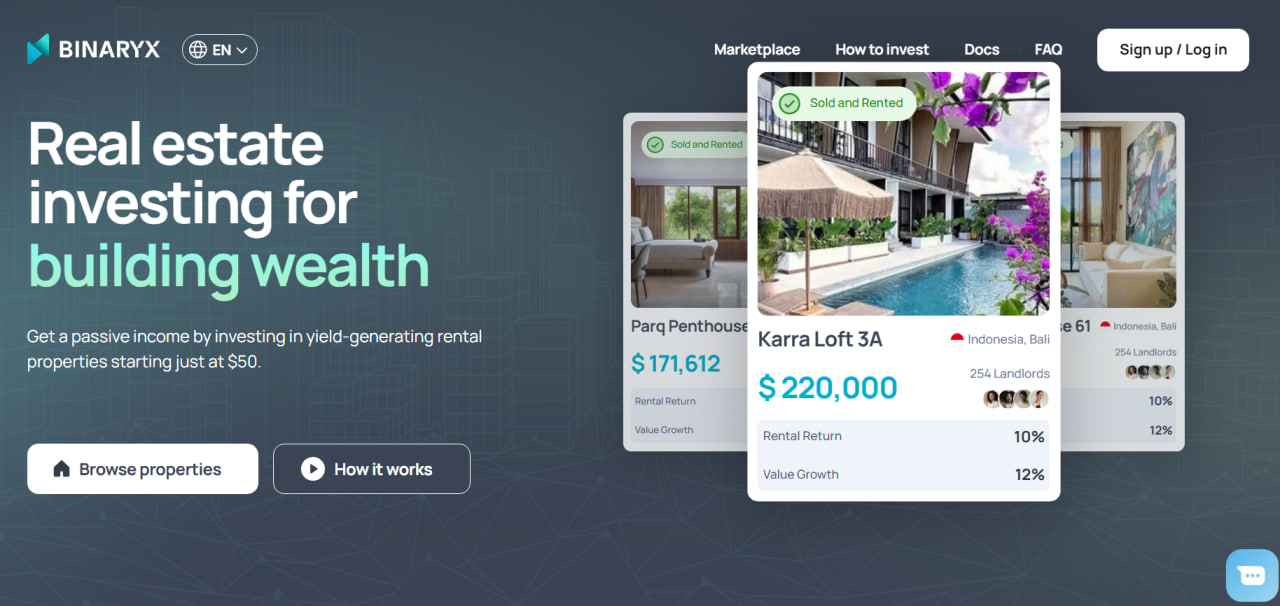
Articles you may be interested in

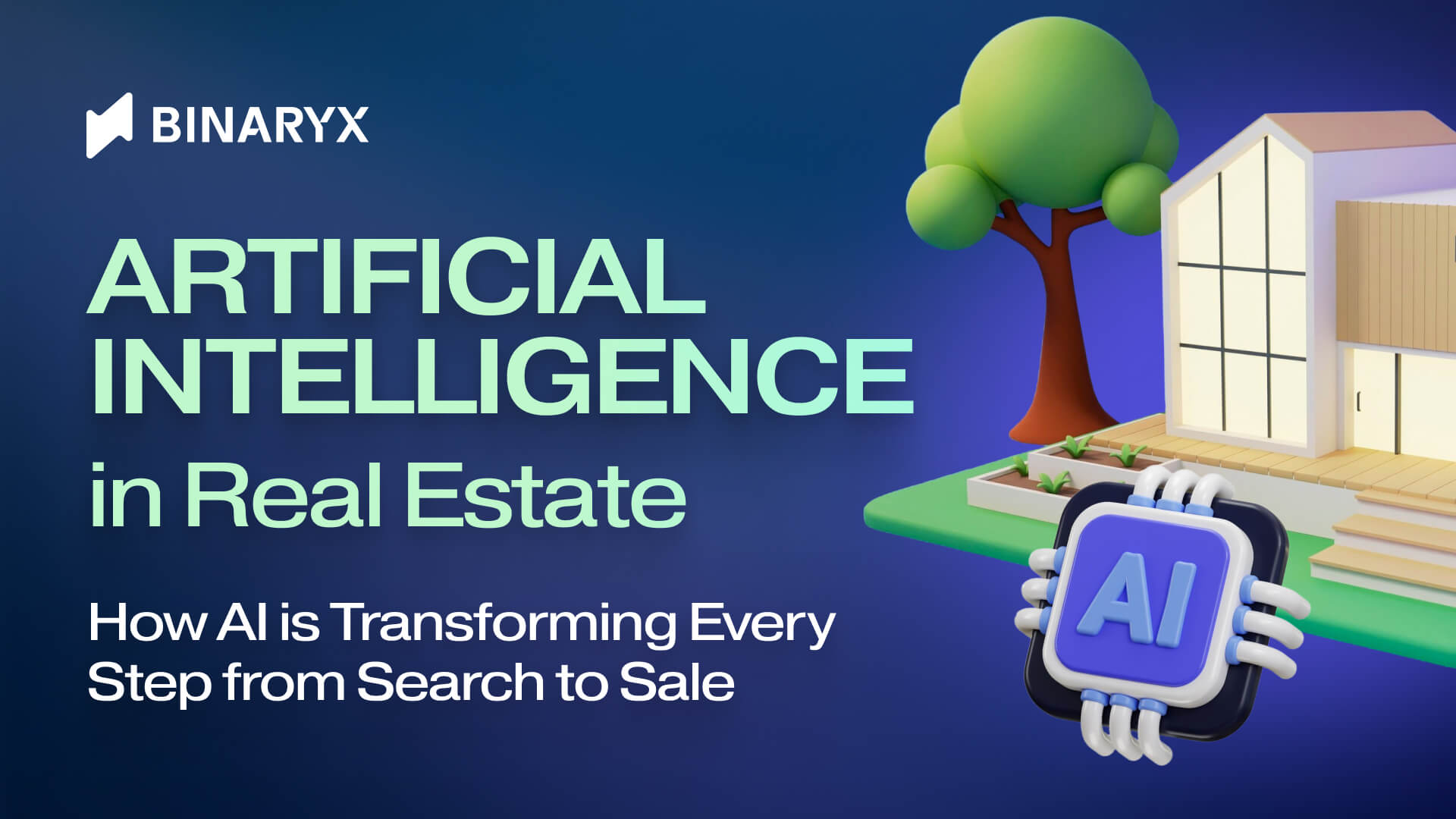

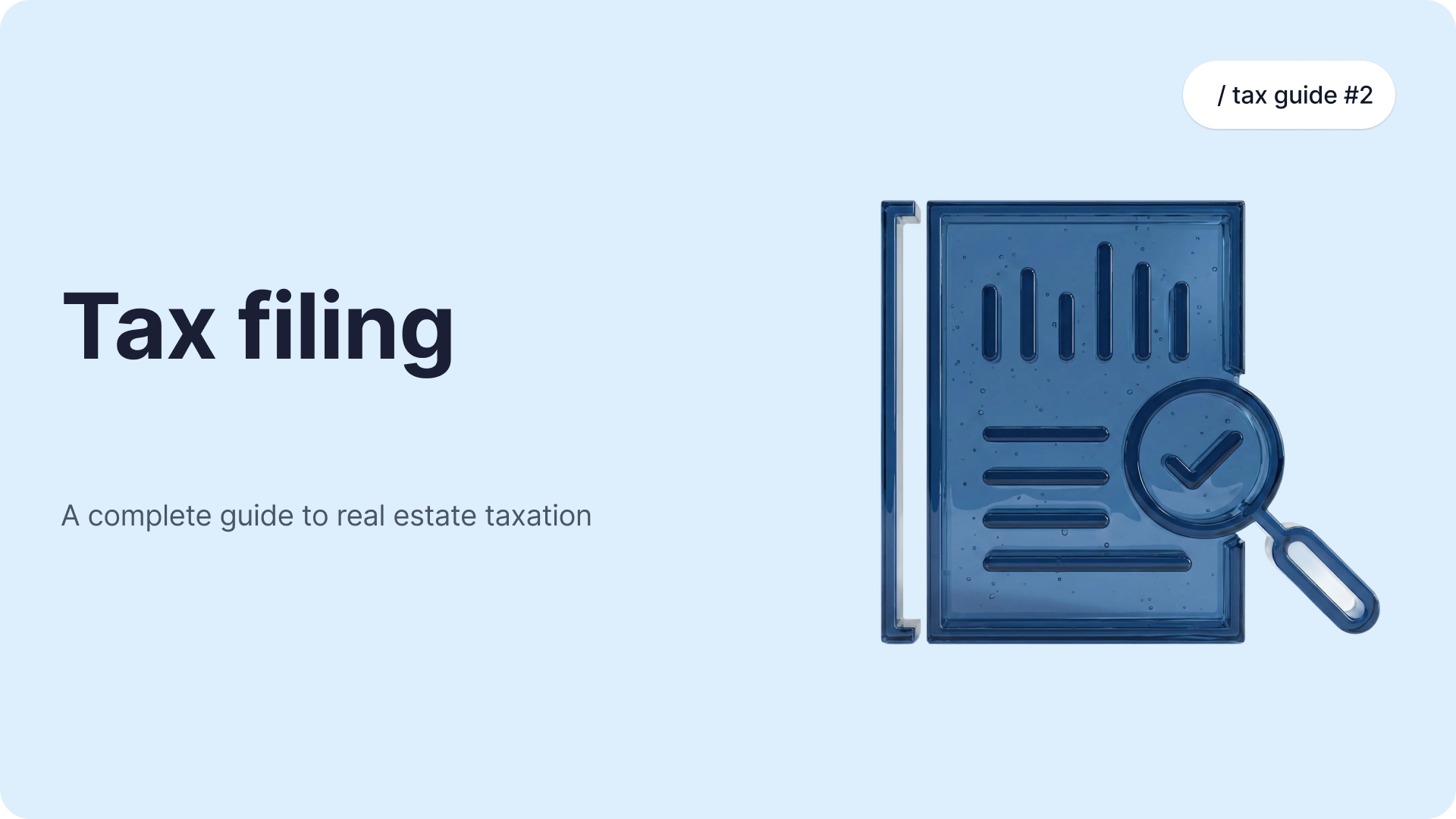
.png)
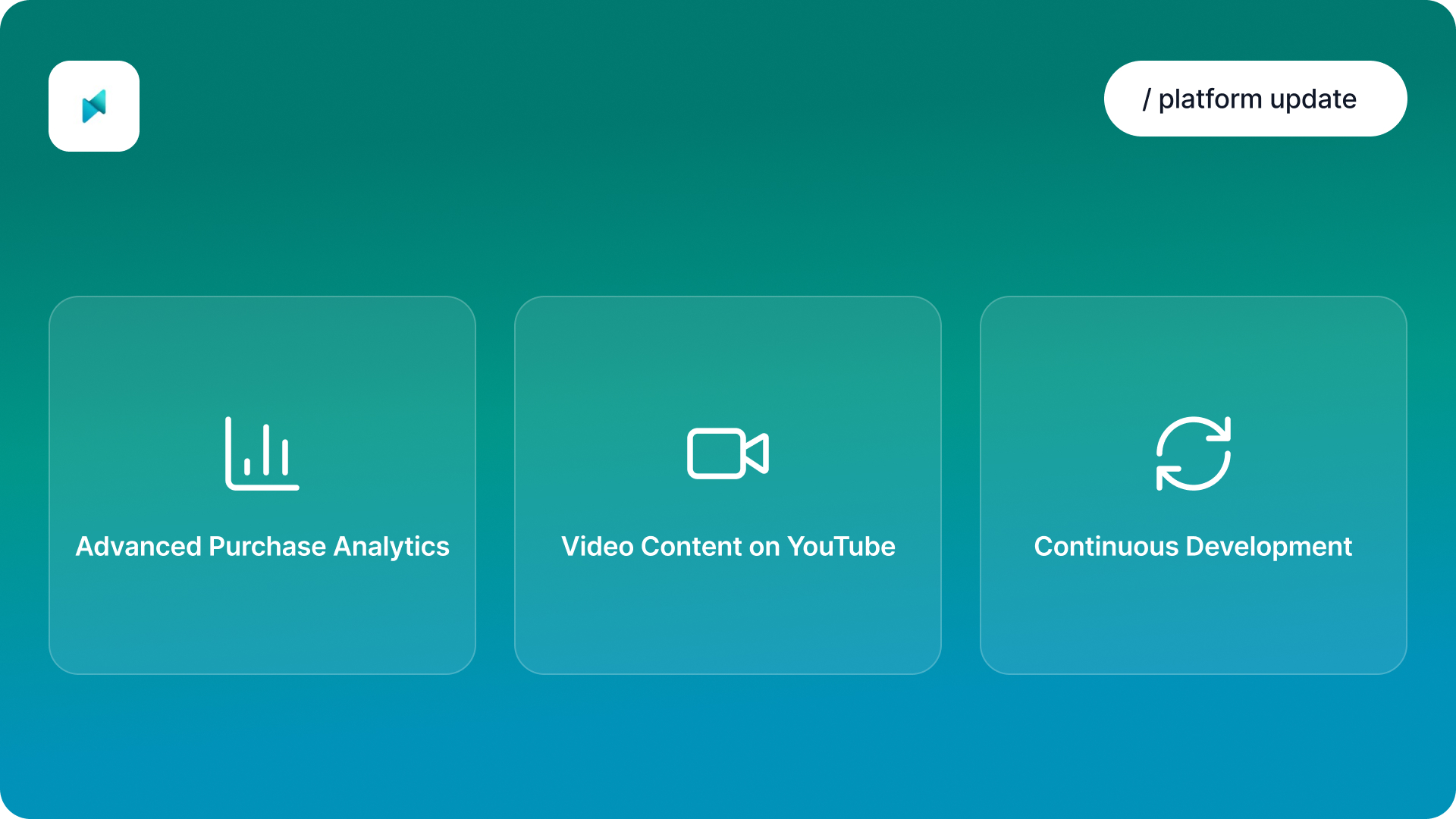

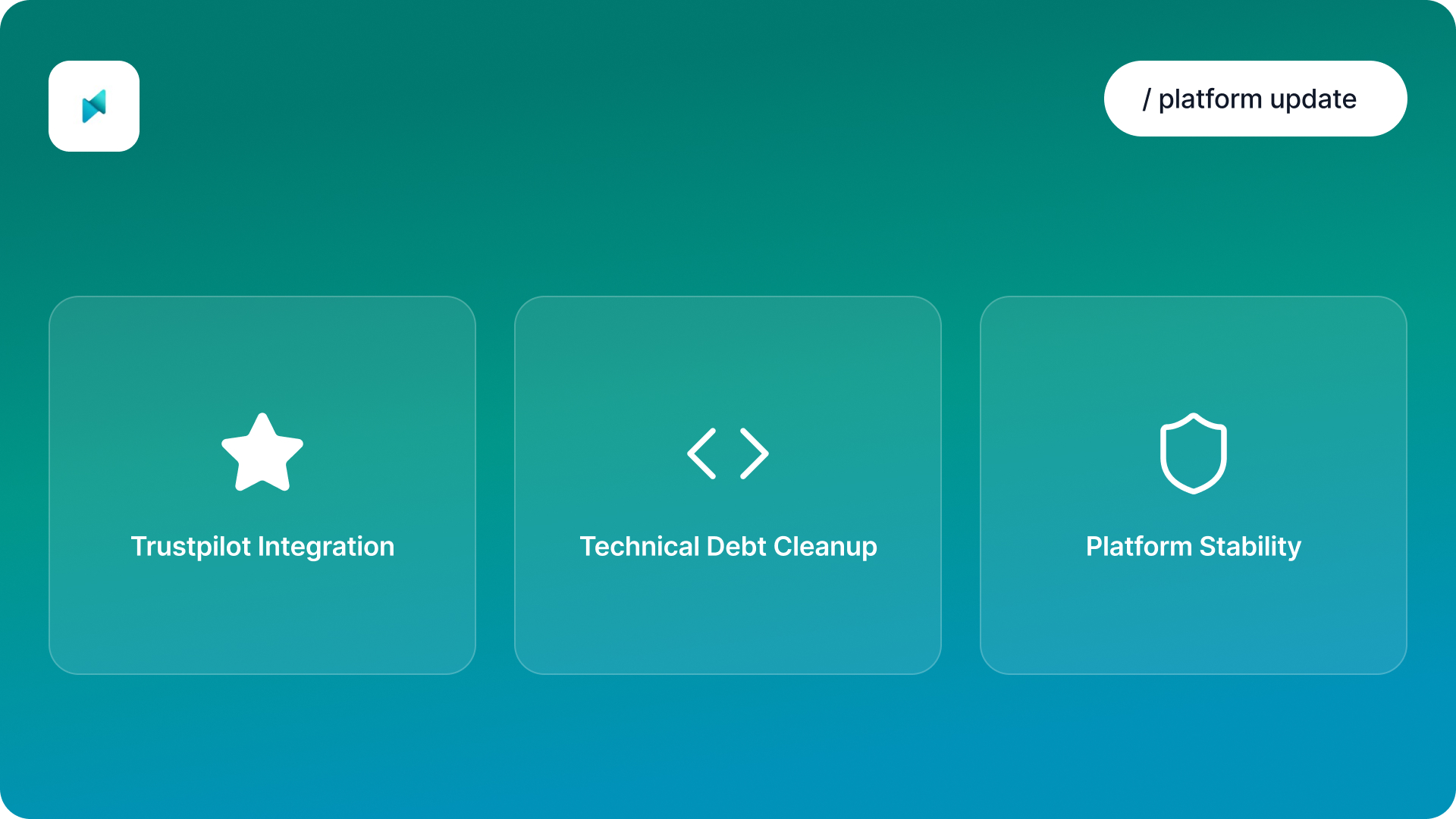
.png)

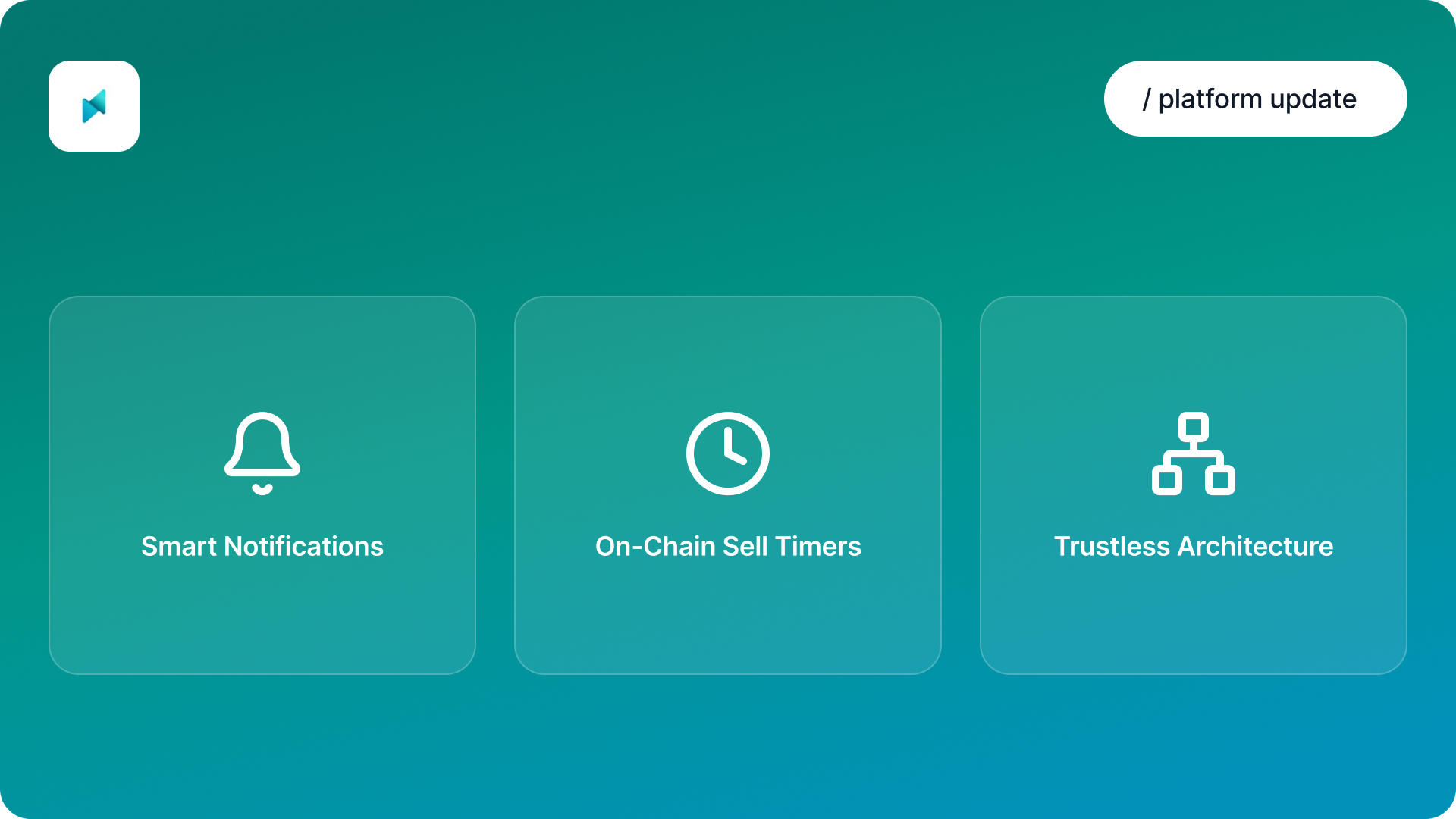

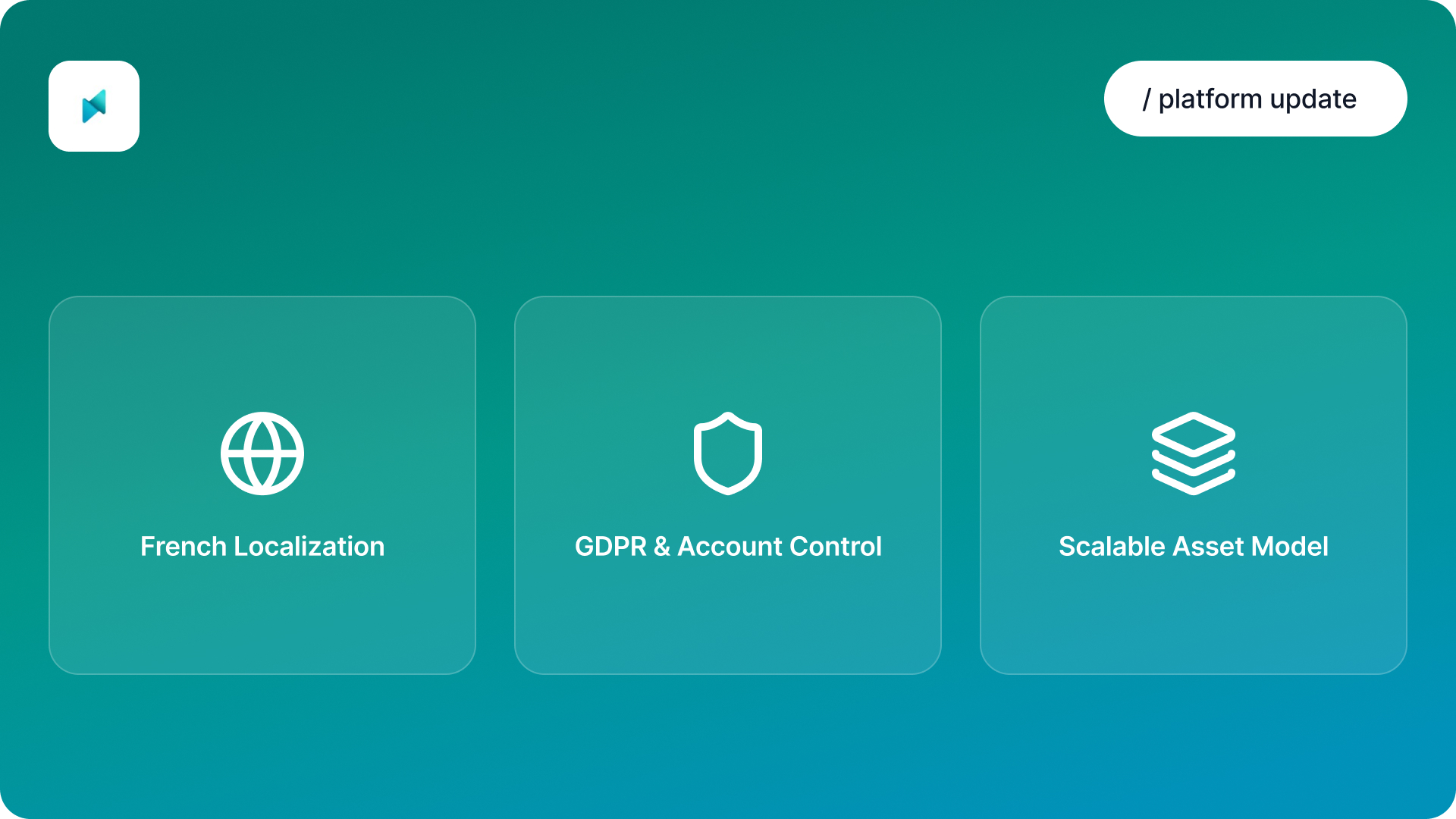
.jpeg)
.webp)